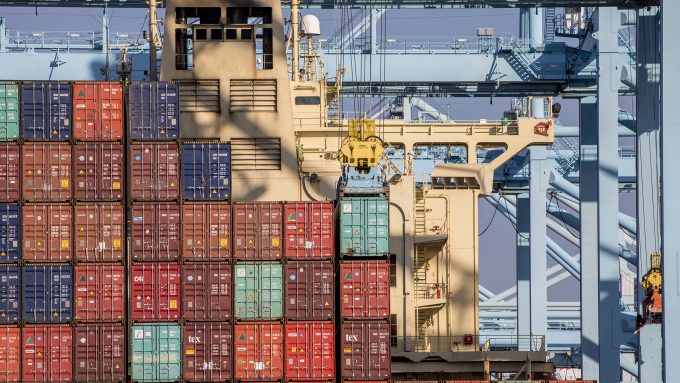Morphing from Mærsk Logistics to Mærsk Forwarding?
Let’s look

Reading supply chain industry tea leaves has become near-impossible over the past couple of years. Nonetheless, the first missive from Fiata this year contains some notably spikey wording, which suggests 2022 will see increasing opposition to the growing influence of cash-rich box shipping lines outside their core business.
Newton’s third law of motion contends that, when two bodies interact they apply an equal force to each other, but in opposite directions. This may be one of the cornerstones of his theory ...
Volcanic disruption at Anchorage could hit transpacific airfreight operations
Macron calls for ‘suspension’ – CMA CGM's $20bn US investment in doubt
Forwarders stay cool as US 'liberation day' tariffs threaten 'global trade war'
Shippers snap up airfreight capacity to US ahead of tariff deadline
De minimis exemption on shipments from China to the US will end in May
Tighter EU import requirements proving 'a challenge' for forwarders
Looming Trump tariffs will create 'a bureaucratic monster' for Customs

Comment on this article